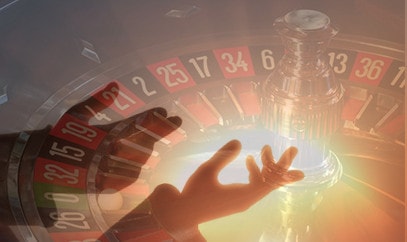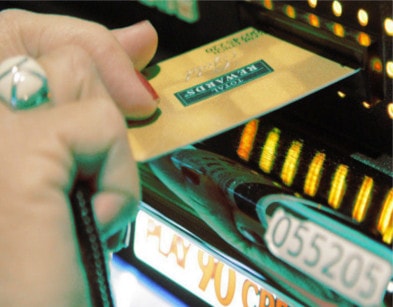Catholicism is the biggest branch of Christianity. It unites over one billion people all over the world. Similarly, to other branches, it is based on the Bible and considers Jesus as the founder of the Catholic Church. As with any other religion, it guides the whole human life. The believer has to follow the biblical principles of altruism, self-renunciation, and fidelity to God. As in other Christian practices, there are seven capital sins: greed, vanity, gluttony, anger, envy, lust, and forlornness.
And thus, some phenomena in our modern life may be debated topics. For instance, it is unclear how to treat gambling. According to the doctrine, any passion for lucre and materialism are sinful. In this case, placing bets is an evil activity. However, not only staking is an itch for money. Frankly speaking, we all want to be rich. We work hard for the promotion and the greater salary. Our society is based on the essentialism. Welfare and success are the main goals in most people’s lives.
Neutral Attitude to Gambling
 So, if serving money is evil, then placing bets is a sin. Well, that is not as simple as it seems to be. It can be legal from the religious point of view. The faith tells us the desire to gain profits from nothing is bad. However, gaming is not the case. First, the player goes to, let’s say RTG casinos with a certain amount of cash. The bankroll is actually a property.
So, if serving money is evil, then placing bets is a sin. Well, that is not as simple as it seems to be. It can be legal from the religious point of view. The faith tells us the desire to gain profits from nothing is bad. However, gaming is not the case. First, the player goes to, let’s say RTG casinos with a certain amount of cash. The bankroll is actually a property.
Second, there is an agreement between the staking house and the player. If the gamer is on a roll, he receives gains. If not, the casino gains profit. The two parties gift each other. It is a pure randomness, considering the games of chance. And it is totally fair. According to the teachings, we all are servants of God.
Our lives are predetermined by him. And thus, whether you won a jackpot or fail, it is the will of the deity. Considering this approach, betting is not a sin. However, you should not feel greedy while staking as well. Consider it as the entertainment. It is not the means of generating profits, actually.
Religion’s 3 Conditions to Justify Gaming
However, gaming becomes evil if there is a violation of several rules. It is good until it harms the bettor’s life and family. To please God, it has to be:
- Completely fair. The gamer must not suffer from the cheating. As well as RTG casinos, other betting institutions must maintain total randomness of the outcomes. On the other side, the customer must not take advantage of the house.
- There must not be any tricks and provocations from the operator. This means the absence of unconscious pressure. It must not use any techniques stimulating the people to place more bets.
- The absence of any scam in all the aspects. Casinos must execute payments rewarding the client with everything he or she won. The terms and conditions must be transparent and without a hidden agenda.
Ancient Doctrine
 Catholic Church prohibited gaming a long time ago. The forbiddance was laid upon the games of chance by the canon laws in the 4th century. They saw the demonic nature in staking activities. They led to moral degradation, evoking such sinful feelings as passion and greed. Moreover, they supposed such amusements to be totally cheating and swindle. The clergy-gamblers were severely punished. The priests couldn’t even to watch the games.
Catholic Church prohibited gaming a long time ago. The forbiddance was laid upon the games of chance by the canon laws in the 4th century. They saw the demonic nature in staking activities. They led to moral degradation, evoking such sinful feelings as passion and greed. Moreover, they supposed such amusements to be totally cheating and swindle. The clergy-gamblers were severely punished. The priests couldn’t even to watch the games.
The most severe penalties were for those who gambled on the public. Such actions damaged the reputation of religious leaders. The proscription on all the betting amusements existed right before the 19th century. The Second Plenary Council of Baltimore, which took place in 1866, implemented some changes. It stated that priests can play some amusements, such as cards. However, they must not seek any interest but entertainment.
Present Days
Nowadays, the traditional beliefs were replaced by modern tendencies. Gambling itself is not a sin anymore. The houses of worship themselves often arrange public lotteries and bingo. The Catechism of Catholic faith published in 1992 does not consider betting a fallacious action. The book states that it is acceptable when a player does not suffer from it. This means the individual places bets thoughtfully without the extreme passion. The person does not risk the well-being of his or her family and others. On the other hand, problem gaming is subject to dispraise and the major matter of concern to the Church. The addiction leads to numerous issues and thus is sinful.
